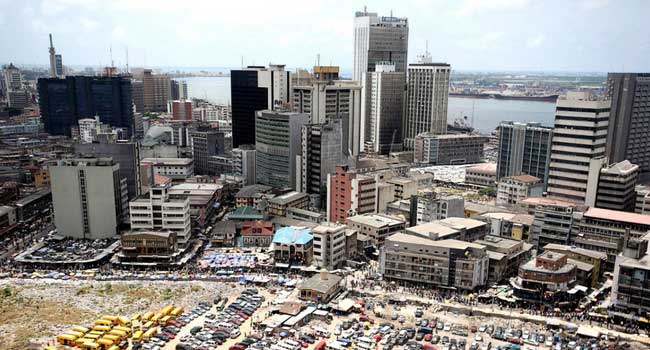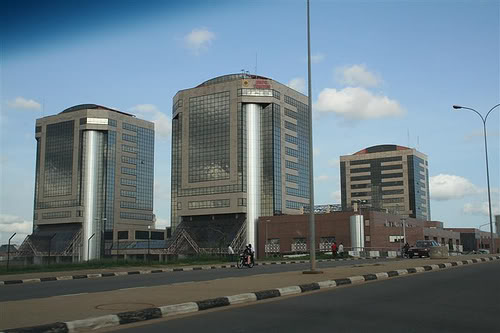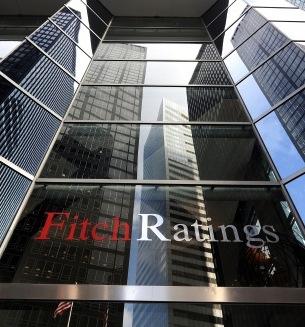The Kaduna State government has announced that its long-term foreign and local currency issuer default ratings and national long-term rating outlooks have been confirmed to be in stable a condition by the global economy rating agency, Fitch.
Commissioner for Finance in the state, Mr Suleiman Abdu-Kwari, said this on Friday in Kaduna while reacting to the rejection of the state’s $350million loan by the Senate.
He described the Senate’s decision as a deliberate attempt by some disgruntled politicians to undermine the progress being made in developing the state and alleviating the people’s sufferings.
Mr Abdu-Kwari alleged that the reasons given by the lawmakers were baseless and unpatriotic, as various rating indicators by Fitch showed that Kaduna is capable to repay the World Bank loan which has less than one per cent interest rate.
He explained that the World Bank approved the loan after assessing all the indicators which include efforts by the state government to increase Internally Generated Revenue (IGR).
According to the commissioner, other factors considered are the likely increase in financial debt due to the high infrastructure investment programme and the expectations that the state will achieve a healthy financial performance amid mild growth in local taxes and subsidies from the Federal Government.
“In 2014 and early 2015, we had complained about the poor state of Kaduna State public schools and hospitals. As soon as we took office, the problems we had campaigned about became our responsibility to resolve.
“We were shocked to learn in our first week in office that at least 50 per cent of our pupils sat on floors because of a lack of classroom furniture. We also received briefings indicating that apart from lacking doors, windows, roofs, toilets and water, many of our schools also had unqualified teachers,” Abdu-Kwari revealed.
He said Governor Nasir El-Rufai responded to the challenges by declaring a state of emergency in education and started to fix schools the schools.
The commissioner explained that after fixing almost 10 per cent of more than 4,200 primary schools, the government realised that it would need a minimum of N60bn just to fix primary schools.
He said the World Bank had scrutinised the state to ensure the loan was truly needed, and they were convinced that the government met their standards.
The loan had been approved by the State House of Assembly, the House of Representatives, and the Federal Executive Council.
The state government, however, asked the Senate to reconsider its decision, saying it has met all necessary criteria needed to access the loan facility.




